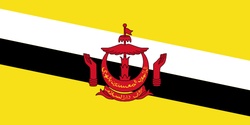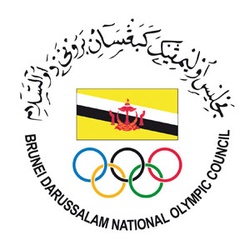Brunei otherwise known as Brunei Darussalam meaning Abode of Peace consists of two unconnected parts, bordering the South China Sea and Malaysia.
97% of the population lives in the larger western part, while only about 10,000 live in the mountainous eastern part. It gained independence from the UK on 1 January 1984 and its capital city is Bandar Seri Begawan.
Abound in natural and scenic beauty, this little country is a major tourist attraction with a whole lot of aesthetic and native traits to offer including the Rainforest at Temburong, various Museums and Mosques, The Nurul Iman Palace, beaches and the Royal Regalia Building.
Its main exports are Crude oil, liquefied natural gas and petroleum products.



